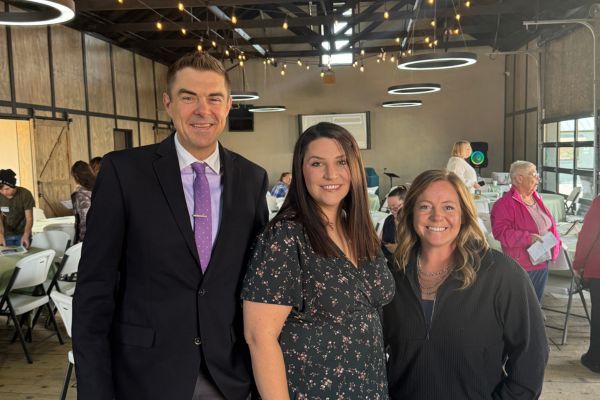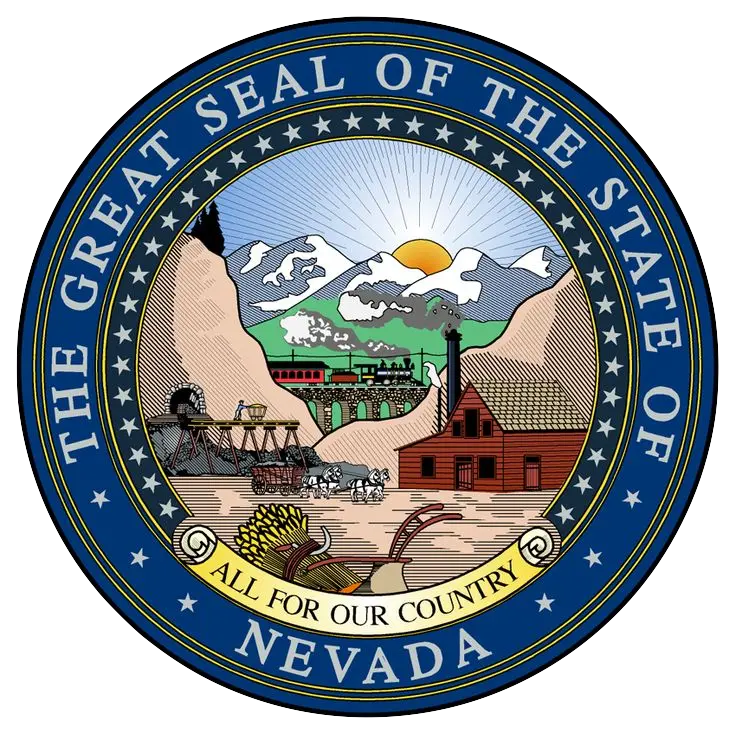Less than seven percent of breast cancer cases happen to women under the age of 40, however, there are many factors that may put young women at risk. Certain factors that may increase one’s susceptibility to the disease include:
- Having a history of breast cancer in the family
- History of radiation treatments on the chest before the age of 40
- Receiving a period before the age of 12
- Dense breasts
- Ethnically identify as White or African American
- Obesity
- Heavy alcohol use
- High intake of red meat
In addition, women who are highly exposed to estrogen are more prone to breast cancer. High exposure to estrogen can occur in females who receive their period before the age of 12, experience late menopause, have done menopausal hormone therapy or use oral contraceptives, such as birth control pills.
Though women can’t always control their exposure to estrogen or their family history, there are some things that women in their 20s and 30s can do to prevent breast cancer. To reduce the likelihood of getting breast cancer, women should be physically active, maintain a healthy body weight, reduce alcohol intake, eliminate tobacco and schedule annual breast screenings.
This month, take the time to administer a self-examination and schedule a time to meet with your doctor for a screening. Continue to spread awareness about breast cancer by encouraging your loved ones to do the same.
If you don’t have health insurance, let us help change that. Certain qualifying life events may make you eligible for a special enrollment period. QLE’s are life-changing events such as unemployment, income change and marriage/divorce are a few that can qualify you. Learn more about qualifying life events here.
Nevada Health Link can connect contact a certified broker or navigator to see if you qualify for special enrollment. Financial assistance is available to those who qualify, learn more here.







